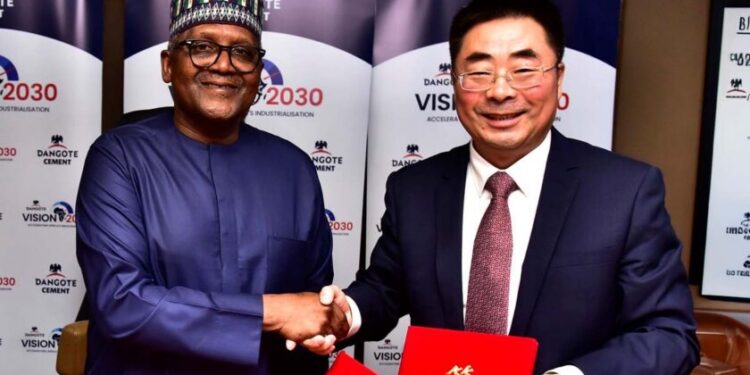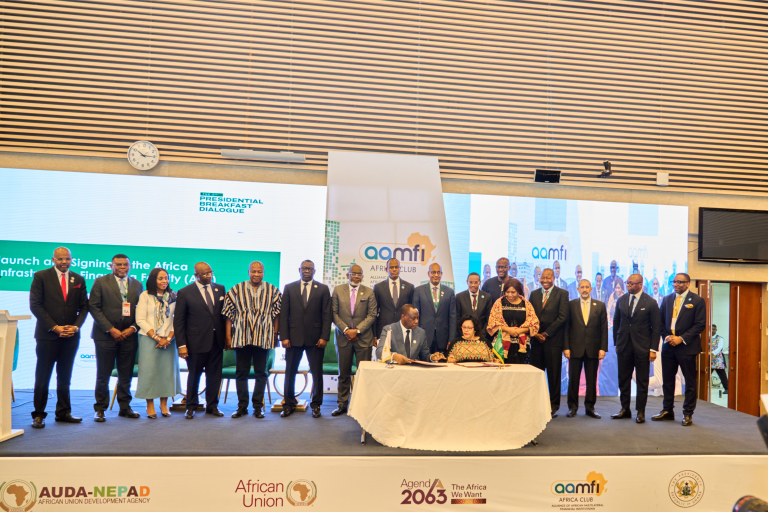This Women’s Month, we’re celebrating the women who are transforming Africa’s waste and recycling sector from the inside out.
One of them is Samu Mkhize, Collections & Training Manager at Petco Producer Responsibility Organisation, who works across South Africa to build inclusive, effective recycling systems. From empowering women-led enterprises to designing national training programmes, Samu is proving that passion, innovation, and purpose are key drivers of change. We spoke to her about the challenges, the opportunities, and what inspires her in this work.

Q: What are the key operational challenges in scaling recycling efforts, and how do women fit into that?
A: The main challenge has been a fragmented national waste management approach/strategy, which has also resulted in a lack of investment in integrated collection, sorting, and processing infrastructure. Recycling still competes with traditional waste management methods and is not always considered a priority. This is also translated into the consumer, who often lacks awareness of the importance of recycling. I believe that it is key to implement and enforce regulatory frameworks that are pro-recycling, aimed at harnessing private-public partnerships and fostering the integration of the informal sector (who play a significant role in the space!).
Women bring a wide range of valuable skills and qualities to the waste management sector, from informal picking to running recycling businesses that create jobs. Women not only play a critical role at the grassroots level but are increasingly stepping into more technical and leadership roles within the space. Wherever they fall in the value chain, they continue to drive with passion and have a purposeful impact.
Q: In your view, what skills or qualities do women bring to the waste management sector that are often overlooked?
A: Resilience and Passion, in an industry that is unstable and inconsistent. The women we have partnered with at Petco are not only profit-driven but also advocate for environmental sustainability and run projects that have a significant impact in their communities. The vision is always long-term, and they have also utilised the support provided to empower other women and generate employment opportunities that support livelihoods. I have also noticed that women tend to be innovative and think outside the box, venturing into more non-traditional areas of recycling, such as upcycling.

Q: What strategies have Petco implemented (or could implement) to support women across the value chain?
A: Petco has already taken significant strides: from resourcing women through training, finance, and equipment in the recycling chain, to elevating women within its own leadership and partner groups. To build on these efforts, Petco could expand its targeted supplier diversity programs, deepen leadership pathways for women, establish enterprise funds, and initiate systematic tracking and reporting of gender-related outcomes across the entire value chain. These strategies would further embed gender equity into the ESG vision and operations.
In 2024 alone, Petco supported 19 women-led businesses.
Petco also continues to invest in learnerships, bursaries, and internships, which have significantly contributed to skills development, transformation, and economic empowerment across diverse demographic groups. These initiatives have supported individuals from previously disadvantaged backgrounds, including women, young people, and persons with disabilities, thereby promoting greater inclusion in the industry.
Petco has a staff that is 67% female, and six are in leadership positions. As an organisation, we are invested in grooming and empowering these individuals to evolve in their careers and take up their space in the sector.
Q: What inspires you the most about working in this space?
A: THE PEOPLE…the lives we transform through the work we do. It could be from teaching someone a new skill or supporting a project, which resulted in large volumes being diverted from landfills, jobs being created, and lives being transformed. I have the opportunity to make a positive impact and learn something new every day. The learnings can come from an entrepreneur or a specialist in the field, the sector is so broad, so layered, it grants an opportunity to not only broaden your knowledge but also to evolve as a professional constantly. This is one sector that continually pushes the boundaries of what human and technological collaboration can achieve.

Q: What advice would you give to women entering corporate roles in environmental sectors?
A: Remain teachable and stay open to learning. Find a mentor who aligns with your career goals in the sector. Through mentorship and guidance, remain authentic and be eager to make a contribution. The sector is constantly evolving; while learning from forerunners is crucial, there is also room for innovative and transformative thinking.
SOURCE
SST NEWSLETTER
About SST: The Sustainable Seas Trust (SST) is a non-profit
organisation that envisions a future where the
people of Africa and her seas flourish together.
SST works towards uplifting and sustaining our fellow
African communities by fostering and providing solutions
that will enable the blue economy.
Through education, research, targeted actions, and partnerships, we strive
to curb the risk of marine pollution through integrating
waste management principles into value chains.



